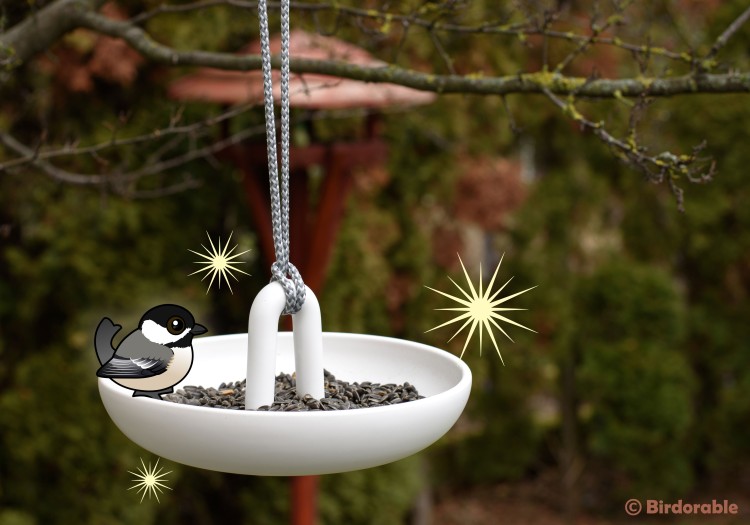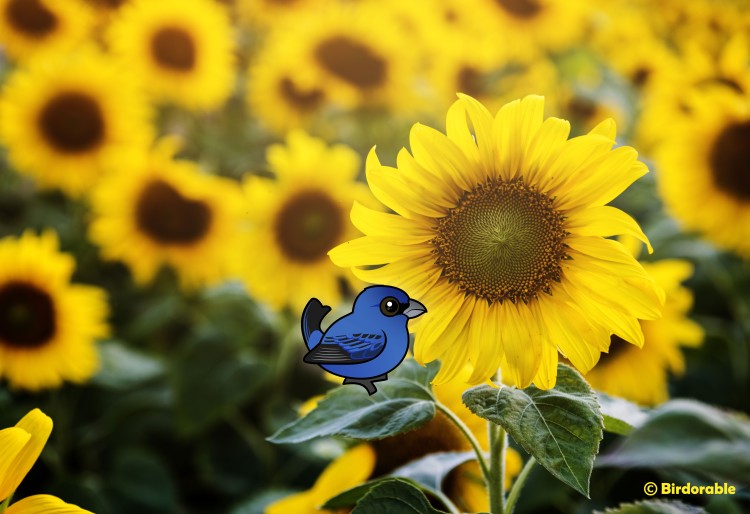Summer Blog Series
Summer Bird Feeding Tips and Safety Reminders

Feeding birds in the summer can be just as rewarding as in winter, but the warmer weather brings different challenges. Birds still appreciate easy access to food, especially during breeding season when they’re raising hungry chicks. However, it’s important to follow some summer-specific tips to keep your feathered visitors safe and healthy.
Do keep feeders clean
In the heat, food can spoil quickly, especially suet and fruit. Moldy or rotten food can be dangerous for birds. Clean your feeders every few days with a diluted bleach solution or hot soapy water, and rinse them thoroughly. Regular cleaning helps prevent the spread of disease, no matter the season.
Don’t offer suet in high heat
Suet can melt in warm weather, turning rancid and attracting pests like insects or rodents. If you want to offer high-fat foods, use no-melt suet cakes that are designed for summer use, or switch to alternatives like sunflower seeds or peanuts.
Do provide fresh water
Water is even more important than food during the summer. Birds need it for drinking and bathing to regulate their body temperature. A shallow birdbath, dish, or fountain can be a lifeline during hot, dry spells. Change the water daily and clean the container every few days to avoid mosquito breeding and algae buildup. Offering movement via a drip hose or mister can help keep the water fresher longer.
Don’t overload feeders
Only put out as much food as the birds will eat in a day or two. Excess food spoils faster in heat, and it can also attract unwanted animals. Store birdseed in a cool, dry place to prevent mold and keep insects away.
Do adjust feeder placement
Move feeders into shaded areas to slow spoilage and keep birds more comfortable while feeding. Avoid placing feeders in direct sunlight, especially during the hottest part of the day.
Do think about nesting birds
During summer, many birds are busy feeding their young. Offering live or dried mealworms and protein-rich food like black oil sunflower seeds can help support their growing families. Some species may even come to your yard just for these easy meals.

Don’t forget about native plants
Summer is a great time to supplement feeders with natural food sources. Native flowers, shrubs, and trees can provide nectar, seeds, berries, and insects. These natural foods support more species and contribute to a healthier ecosystem.
Feeding birds in summer requires a bit more attention, but it’s a great way to support wildlife during a critical time of year. By following a few simple dos and don’ts, you can keep your backyard visitors healthy, happy, and coming back for more.

















Comments
Be the first to comment
Thank you!